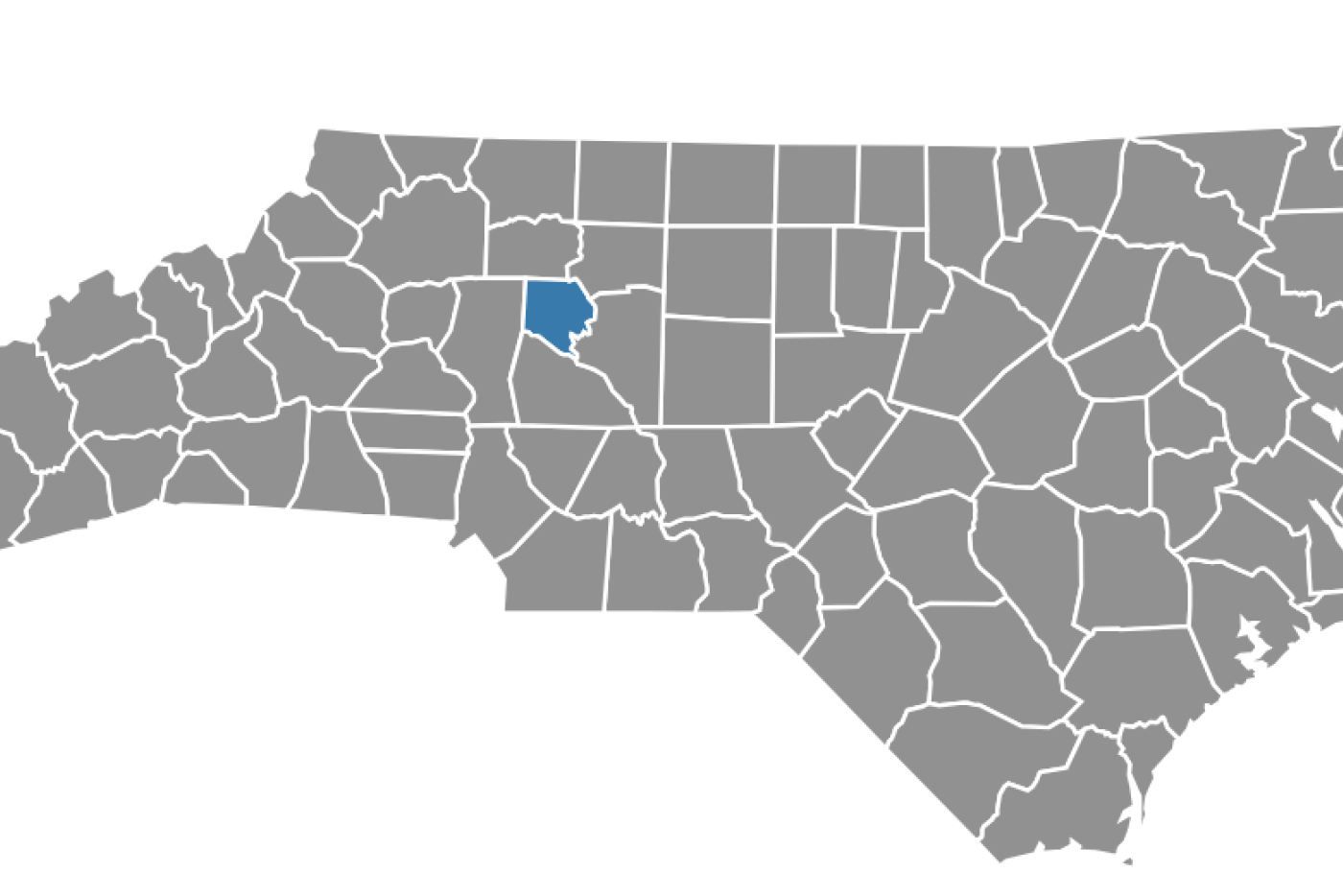Author: Andrew Duppstadt, DNCR
This article originally appeared in Recall, the magazine of the North Carolina Military Historical Society; republished with permission.
North Carolina formed Davie County out of Rowan County in 1836 and named it in honor of William Richardson Davie, a man of great importance to North Carolina. Davie served as a soldier in the Revolutionary War, represented the state at the Federal Convention of 1787, acted as special envoy to France, served as Governor of North Carolina, and helped found the University of North Carolina.
William R. Davie was born in northwest England in 1756 and immigrated to the colonies in 1764 with his family, first settling in the Waxhaws region of South Carolina. He studied in Charlotte before entering the College of New Jersey (now Princeton University), graduating in 1776. He began studying law in Salisbury before leaving in December 1778 to join the militia in Northampton County. Following this initial service, he returned to Salisbury, raised a company of cavalry, and received a lieutenant’s commission from Governor Richard Caswell. In June 1779, Davie was promoted to Major, but was wounded at the Battle of Stono Ferry in South Carolina. During his convalescence, he completed his law studies, and by 1780, he returned to action, participating in the Battle of King's Mountain and the Battle of Charlotte. After achieving the rank of Colonel, General Nathanael Greene appointed him Commissary General for North Carolina, a position he held until the end of the war.
Davie's postwar political life included many highlights. Voters elected him multiple times to the North Carolina House of Commons between 1786 and 1798; he also served as a delegate to the 1787 Constitutional Convention and became Governor of North Carolina in 1799. Today, Davie is perhaps best known as one of the founders of the University of North Carolina. He was an active Mason, and in October 1793, as Grand Master of the North Carolina Grand Lodge, he laid the cornerstone for the university. In 1811, the university awarded Davie the first honorary degree and gave him the title “Father of the University.” In 1807, Davie retired to his estate in South Carolina, raised thoroughbred horses, and stayed active in military affairs, even turning down an offer from President James Madison to command United States forces during the War of 1812. He died in 1820.
Davie County is located in the western Piedmont area of the state and is bordered by Davidson, Rowan, Iredell, Yadkin, and Forsyth counties. The county occupies 266 square miles, the county seat is Mocksville, and the total population is approximately 42,000 residents. The Yadkin River and many creeks flow through the county. Several major highways run through the county, including US-64 and I-40. The county is mostly rural and is included in the Yadkin Valley wine region. Outdoor recreation activities are touted as attractions to visitors.
For more information and to learn more, visit: https://www.ncmilitaryhistoricalsociety.org/

